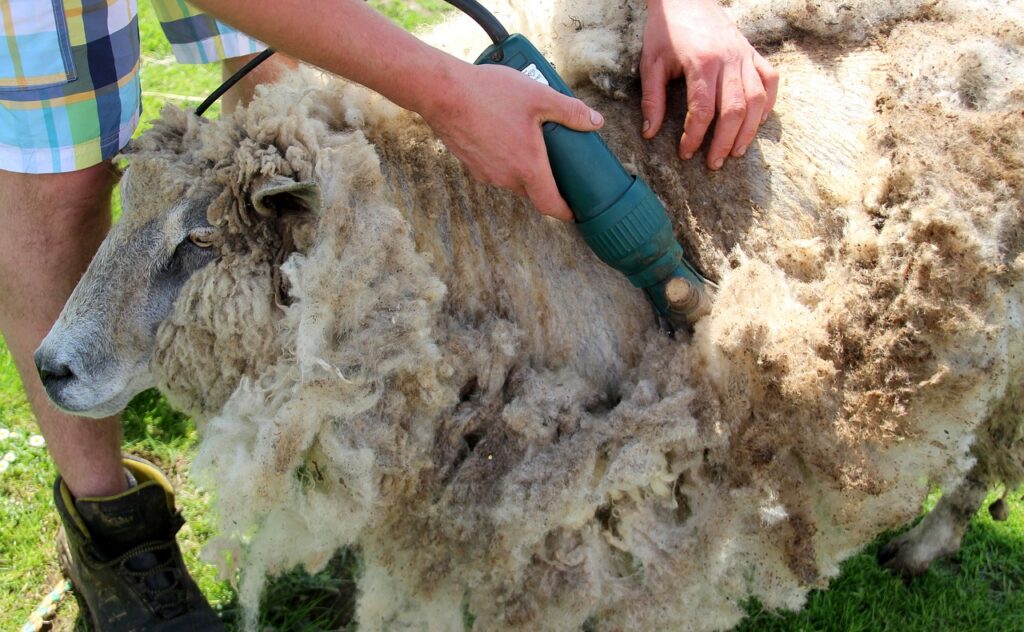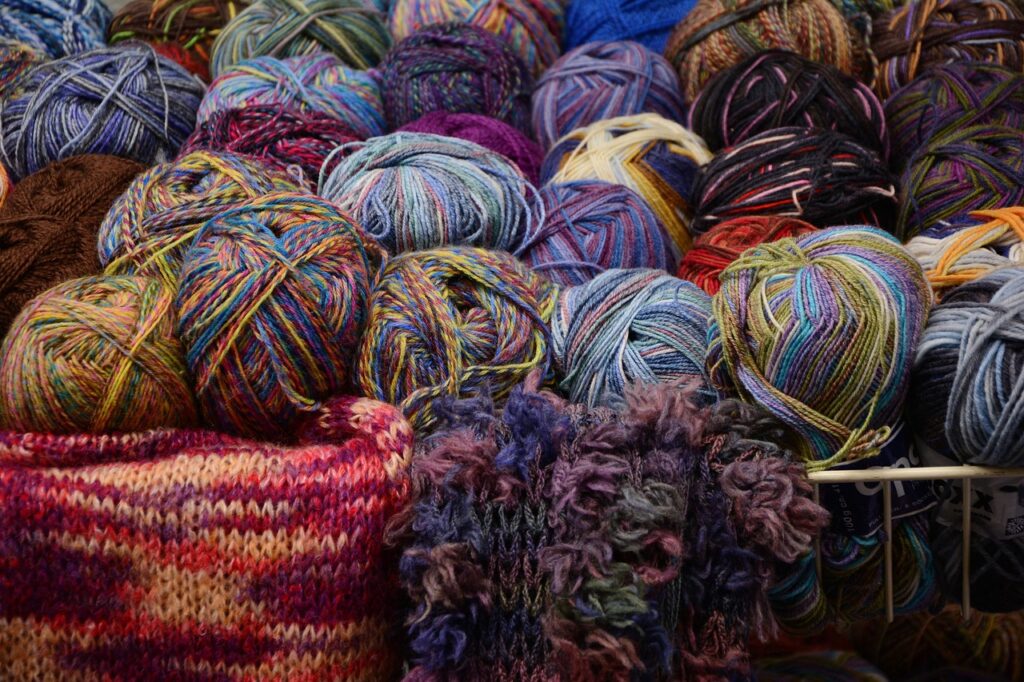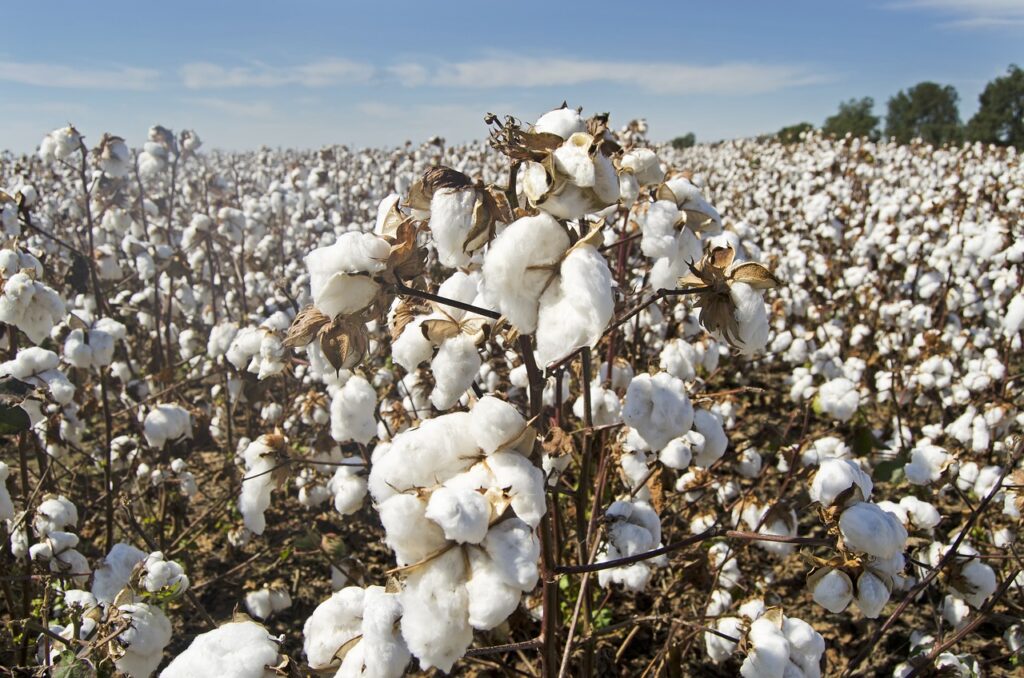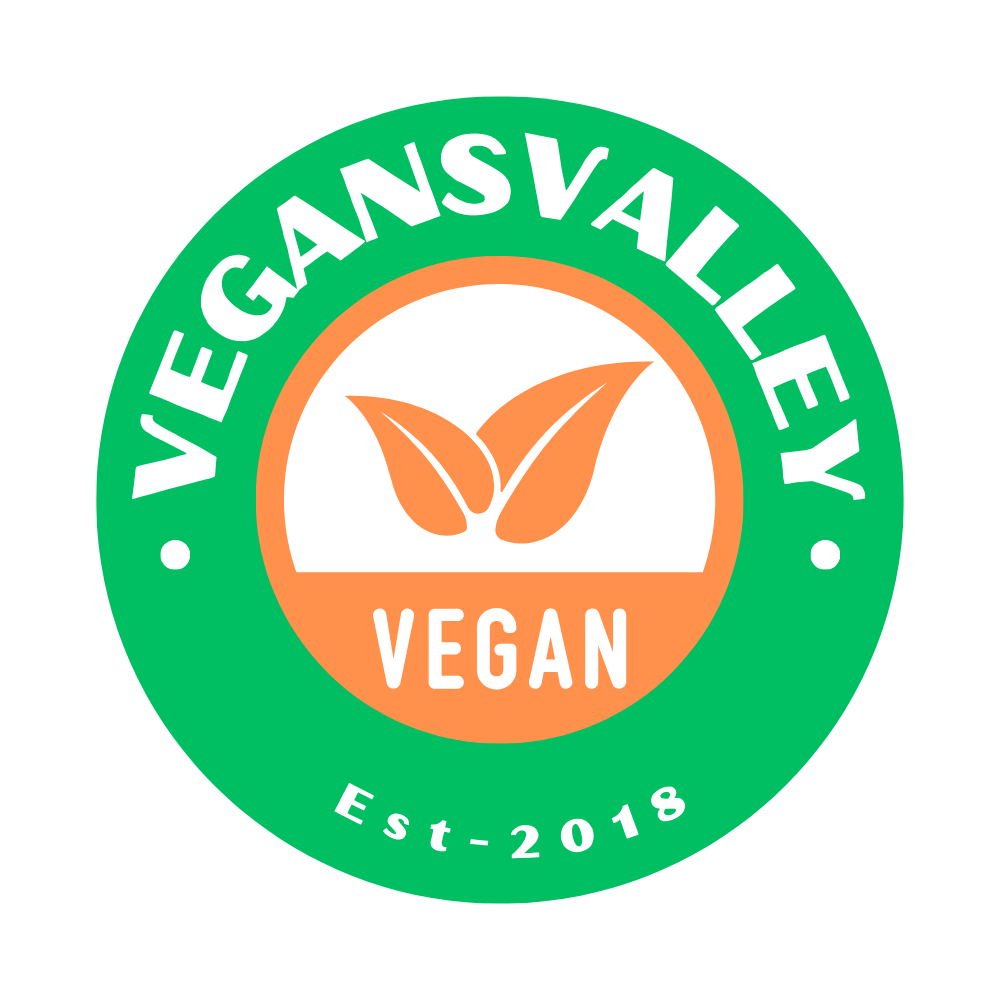Is Wool Vegan? What Are Its Ethical & Cruelty-Free Alternatives?
When winter rolls around, we all want to stay warm and cozy, but if you’re committed to a vegan lifestyle, you might ask yourself: Is wool vegan? The answer is no, wool is not vegan. Beyond the cozy exterior of this fiber lies a web of ethical and environmental concerns that many may not realize. Let’s dive into why wool isn’t vegan and explore some fantastic cruelty-free alternatives.

Why Isn’t Wool Vegan?
At first glance, wool might seem harmless—it’s just a haircut for sheep, right? Not quite. Wool production involves the use of animals in ways that conflict with vegan principles. Here’s why:
1. Animal Exploitation
Sheep are bred and raised specifically for their fleece, reducing them to resources rather than living beings. This exploitation, even in the absence of overt harm, goes against veganism’s core tenets.
2. Mulesing: A Cruel Practice
To prevent flystrike, a painful and often deadly condition, sheep undergo mulesing—a procedure where skin folds are removed without anesthesia. This practice is prevalent in the wool industry and raises significant ethical concerns.
3. Stressful Shearing
Shearing might seem harmless, but in large-scale production, the focus on speed and efficiency often leads to cuts, injuries, and immense stress for the animals.
4. Environmental Consequences
Beyond animal welfare, the wool industry has significant environmental impacts, including habitat destruction, overgrazing, and the release of greenhouse gases like methane from sheep.

Is All Wool Unethical?
Some proponents of wool argue that fleece from small, ethical farms, where sheep are well cared for, could be an exception. While these farms might reduce some of the ethical concerns, the act of using animals for human benefit still makes wool incompatible with a vegan philosophy.
The Best Vegan-Friendly Alternatives to Wool
Fortunately, there are plenty of ethical and cruelty-free fabrics that can keep you warm without relying on wool. Here are some of the best vegan-friendly substitutes:
1. Organic Cotton
Soft, breathable, and versatile, organic cotton is a perfect choice for lightweight clothing and accessories.
2. Hemp
A sustainable superstar, hemp is durable, eco-friendly, and ideal for creating warm, sturdy garments.
3. Recycled Polyester
Made from repurposed plastics, recycled polyester provides excellent insulation while reducing waste.
4. Tencel (Lyocell)
Derived from wood pulp, Tencel is lightweight, biodegradable, and incredibly soft—a great wool alternative.
5. Synthetic Fleece
Synthetic fleece mimics wool’s warmth and softness, making it a popular choice for jackets and blankets.
6. Bamboo Fabric
Bamboo textiles are sustainable, moisture-wicking, and cozy—perfect for scarves, socks, and other winter essentials.

Why Choose Cruelty-Free Fabrics?
Opting for vegan alternatives isn’t just kinder to animals; it also supports sustainability. Many cruelty-free fabrics are produced using eco-conscious methods, reducing harm to the planet while keeping you warm and stylish.
Final Thoughts: Is Wool Vegan?
Wool may seem like a natural and innocent fiber, but the reality of its production involves animal exploitation and environmental harm. Luckily, with so many vegan-friendly alternatives available, it’s easier than ever to stay warm and fashionable without compromising your values.
Whether you’re shopping for a cozy winter sweater or looking to revamp your wardrobe, cruelty-free fabrics are the way to go. Let’s keep the planet and its animals in mind as we choose warmth with compassion.
